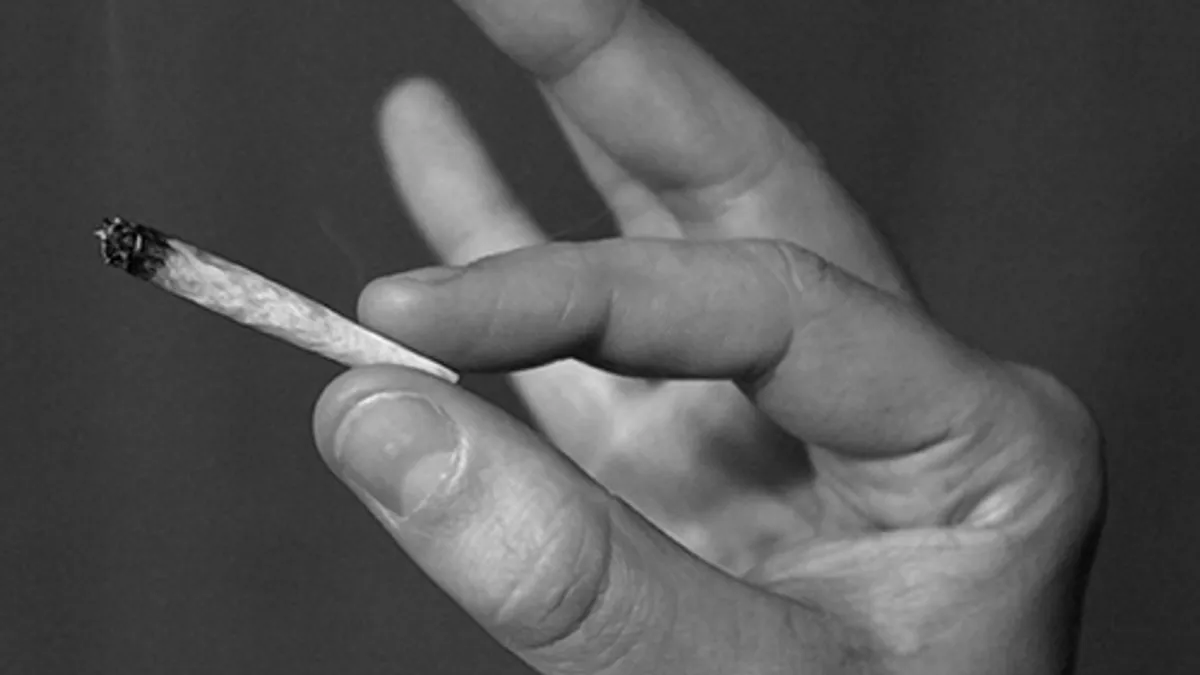Dive Brief:
- A student who is suspended or expelled from school is more likely to use drugs than a student arrested by police, according to a new study appearing in the journal Justice Quarterly.
- Beidi Dong of George Mason University and Marvin D. Krohn of the University of Florida analyzed data from the Rochester Youth Development Study, which first interviewed a sample of 1,000 7th- and 8th-graders in 1988 and followed the participants through age 31. The researchers examined both the immediate and long-term impacts of school discipline procedures and police arrest on drug use.
- While an arrest certainly affects one’s future “life course,” the authors write, the immediate impact of exclusionary discipline practices gives youth “more time away from adult supervision and greater opportunities to engage in problematic behaviors.” Research showing suspensions also increase the likelihood of juvenile arrests “underscores the need to discover alternative methods of discipline and to use school exclusion only as a last resort,” they write.
Dive Insight:
The researchers note that in general, a juvenile justice arrest is meant to be kept quiet, while being removed from school for disciplinary reasons is more “directly visible” and widely known among the school community and even potential employers. The findings also show that suspension and expulsion were more predictive of later drug use for minority students. Among students who were suspended or expelled, females were more likely to use drugs during adolescence, while males were more likely to use drugs as adults.
The authors point to restorative practices as one strategy for reducing out-of-school suspension. A recent RAND Corp. study showed that such a program in the Pittsburgh Public Schools significantly reduced the number of days that students were suspended and reduced racial disparities in suspensions, but the program was associated with a drop in math scores.
Threat assessment, another strategy noted in the Dong’s and Krohn’s paper, has also been shown to reduce racial bias in addressing behavior issues, according to a study by Dewey Cornell at the University of Virginia. That research, which focused on Virginia, however, showed that in overall suspension rates, black and Hispanic students were still more likely to be suspended than white students.







 Dive Awards
Dive Awards






